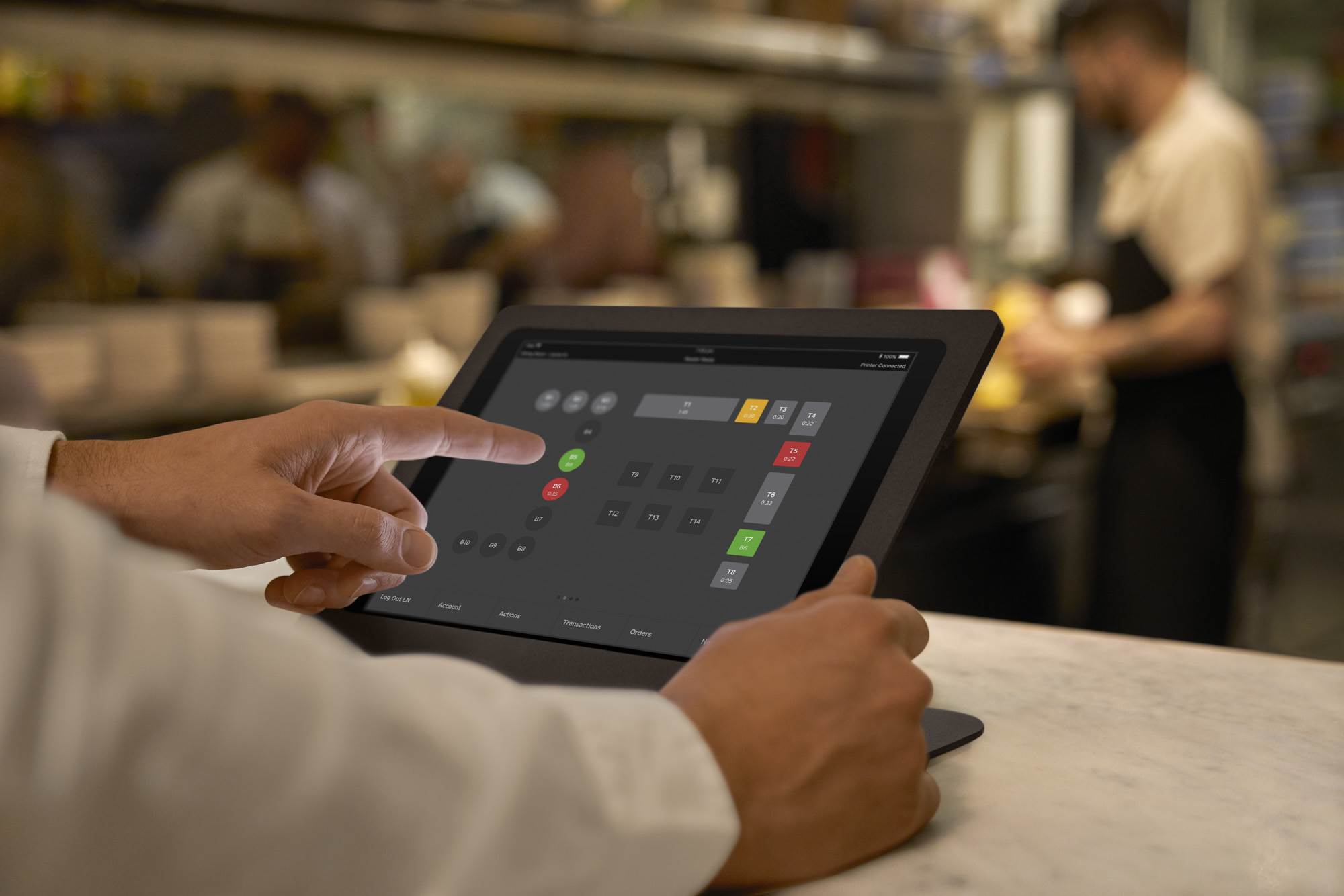In today’s fast-paced retail landscape, the approach businesses manage transactions has undergone a dramatic transformation. No longer do we see in which cash registers were the only means of executing sales. The emergence of Point of Sale (POS) systems has not just simplified transactions but also revolutionized the whole shopping experience for both retailers and customers alike. As we examine the future of shopping, it’s important to understand how these innovative systems are setting the stage for innovation in retail operations.
Modern POS systems are far greater than just transaction handling tools. They are essential components that combine sales tracking, inventory management, customer relationship management, and data analytics into a cohesive platform. This versatile nature allows businesses to gain deeper insight into their operations, enhance efficiency, and enhance customer experiences. As we investigate the development of POS systems—from classic setups to refined cloud-based solutions—we'll reveal how they are reshaping the retail environment and what organizations need to reflect on in order to thrive in this dynamic industry.

Understanding Point of Sale Systems
A point of sale system, or point of sale, is a blend of hardware and software that lets businesses to finalize sales deals efficiently. Traditionally, POS systems were basic cash registers that recorded sales and processed payments. However, contemporary POS systems have evolved into comprehensive solutions that merge sales tracking, inventory management, customer relationship management, and additional features. check out here has allowed businesses to simplify their operations and improve the overall customer experience.
The development of POS systems has been marked by notable technological progress. From the initial mechanical cash registers to today's cloud-based solutions, POS systems have become more advanced and versatile. Retailers now gain advantage from features such as mobile payment processing, real-time inventory tracking, and powerful data analytics capabilities. These innovations are helping businesses adapt to the evolving retail landscape, especially with the rise of e-commerce and mobile shopping.
Understanding the core functionalities of a POS system is crucial for any business thinking about an enhancement or implementation. A modern POS system not only handles transactions but also provides insights that inform business decisions. By analyzing sales trends, inventory levels, and customer behavior, businesses can optimize their operations and marketing strategies. As we explore further into the details of POS systems, it is evident that their role in retail is essential, impacting everything from daily transactions to long-term business growth.
POS System Features and Benefits
A contemporary POS system comes equipped with a multitude of features that simplify operations and improve the overall retail experience. One of the most major benefits is the ability to handle inventory in real-time. This means businesses can easily keep an eye on stock levels, receive alerts for low inventory, and automatically reorder products when necessary. This feature reduces the risk of going out of stock popular items, making sure customers can access what they need, which in turn causes higher sales.
Additionally, a significant functionality is the integration of customer relationship management tools straight into the POS system. This enables businesses to collect useful data about their customers’ purchasing habits, preferences, and behaviors. By examining this data, retailers can tailor marketing efforts, offer personalized promotions, and develop better customer relationships. Improved customer engagement typically leads to enhanced loyalty, repeat business, and increased overall sales.
Furthermore, a modern POS system accommodates various payment options, including mobile wallets and contactless payments, which makes transactions quicker and more user-friendly for customers. This versatility can contribute to increased customer satisfaction, as shoppers appreciate the ease of completing purchases without hassle . Furthermore , advanced security features safeguard both business and customer data, guaranteeing compliance with industry standards and offering peace of mind. Overall, the features of a contemporary POS system not only improve efficiency but also provide significant benefits to businesses and their customers alike.
Safety and Merging Issues
As businesses increasingly depend on modern POS systems, security is a top concern. With the increase in cyber attacks, ensuring that sensitive customer data is protected is paramount. Many businesses face obstacles in securing their POS solutions against possible breaches, particularly as they often lack the internal expertise required to establish robust security measures. Keeping up with the most recent security protocols, such as PCI compliance, is crucial for safeguarding both the business and its customers.
Integration also presents its own set of challenges. Companies often use different software applications for accounting, stock management, and customer relationship management. Integrating these systems with a POS solution can enhance operational efficiency, but obtaining seamless interaction between different platforms can be challenging. Proper merging requires careful planning, technical expertise, and ongoing maintenance to ensure that information flows smoothly among systems without interruptions.
Moreover, employees must be adequately trained to navigate these integrated solutions effectively. Lack of familiarity can lead to delays and errors in operations. To mitigate these issues, businesses should prioritize ongoing training and support for their staff, as well as consider working with experienced IT experts to establish secure and robust integrations that enhance overall business performance while minimizing risks.
